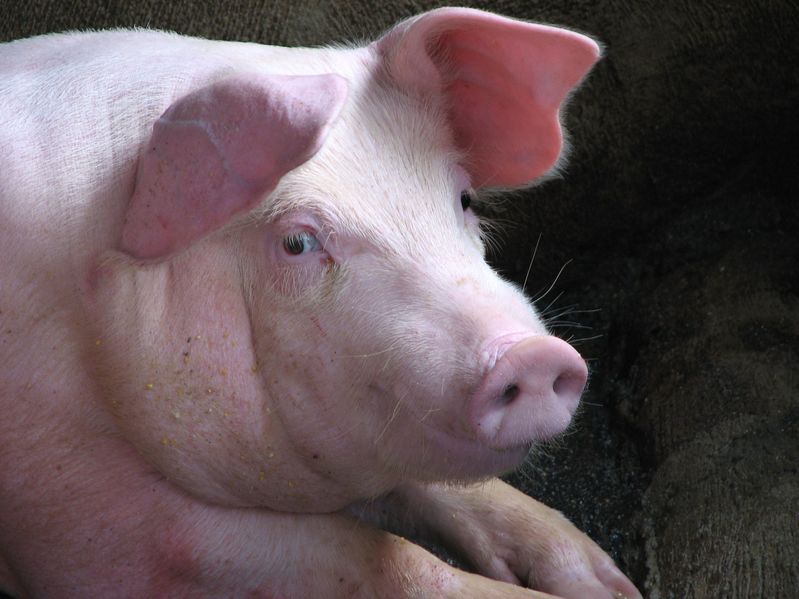
A state of emergency has been declared in areas of Bulgaria as authorities cull 130,000 pigs amid an ongoing African swine fever crisis.
Thousands of pigs have been culled on large commercial farms across ten regions over the past few weeks in the Balkan nation.
This includes six on large commercial farms in the north of the country, close to the Romanian border, the UK's National Pig Association (NPA) says.
A farm with 36,000 pigs was affected, alongside others with 28,000 and 17,000 pigs and, most recently, an outbreak on a farm with just over 8,000 pigs confirmed on Friday 2 August.
Amid fears Bulgaria’s entire pig herd of about 500,000 could be at risk, at a cost of nearly £1 billion, a state of emergency has been confirmed in several districts.
In a radical move, 20km sanitary zones have been set up around all registered commercial pig farms, with officials ordering the culling of home-raised pigs in these zones.
There is also growing civil unrest, with protest rallies held in several parts of southern Bulgaria on Friday, as hundreds of pig keepers resist the orders, arguing that there have been no outbreaks in their regions.
Elsewhere in the region, Romania has seen a significant increase in the number of outbreaks in domestic pigs, with around 300 cases, mostly in backyard holdings, but including a 20,000 pig commercial farm.
Slovakia reported its first case in late July in a pig on a backyard holding in a village a few kilometres from the border with Hungary, where ASF has been found in wild boar.
The growing threat of the disease in parts of Europe comes as the UK government announced its new campaign to fight the threat of the ASF.
The new poster campaign warns holidaymakers of the risks around bringing contaminated pork products into the UK.
The disease, which poses no threat to human health but is fatal for pigs, has already spread widely across Asia.
